The news announced earlier that Wolverhampton’s Light House Cinema is ‘to close doors for a final time today’ after more than 30 years of trading comes hot on the heels of last month’s news that Edinburgh International Film Festival shut down with immediate effect after the charity that runs it, the Centre for the Moving Image (CMI), announced it had ceased trading and called in administrators. Edinburgh’s celebrated Filmhouse cinema, along with its sister cinema in Aberdeen, also closed.
The news has sent a certain kind of shock wave through the cinema exhibition sector but at the same time, nobody really feels surprised. I don’t think I am alone in wondering how cinemas, and particularly Independent cinemas, are going to survive the existential crisis facing the industry in a post-Covid, post-Brexit, economy-down-the toilet, world. We are all seeing sharp declines in audience numbers, shrinking and non-existent core funding opportunities and streaming providers driving shorter and shorter windows between theatrical and platform releases (the length of time a film is in cinemas only, before it arrives on streaming services). Multiplexes aren’t immune either and they are changing their business models to screen more small title films that would normally be the indie cinema’s bread and butter. It’s a complex picture where those of us trying to keep going feel like we are racing against the tide.
Like any Arts industry, the indie cinema circuit is run primarily by people who work long hours on pretty poor salaries because they love what they do and believe in the transformative power of the moving image. I don’t want to sound bitter, and I know it is absolutely never this simple, but I go to galleries funded by Arts Council England where there are sometimes scant visitors, but ACE understands that creating the opportunity to see radical and cutting edge art is a vital part of communities far outside the big city metropolis environment. We need the cinema funders to do the same thing. Cinemas are expensive to run and with the best will in the world, project funding from central agencies, brilliant and vital as it is, won’t keep our doors open.
And, in my opinion, cinema touches us like almost no other artform. There are times when a film touches every electric nerve in your body.
I have had some of the best conversations of my life in an empty cinema, after the film is over, when you don’t want to leave that space for fear of losing the magic spark which ignited a connection with someone else. There are so many people who I have shared that with. I remember being stunned in my seat after watching Michael Haneke’s Amour and noticing one of our regulars was also still sitting there too. We stayed for half an hour, talking through our tears about how every frame of that film spoke to our own, different, experiences of grief and loss. It isn’t just the high-brow films either – anyone been to a screening of The Room and experienced that particular audience participation hysteria that only comes with watching a truly, tragically awful film with a crowd? Nothing connected me more directly to the crisis in Syria than the documentary, For Sama, which did what no news headline could ever do and showed me how extraordinarily brave humans can be in the face of unimaginable tragedy. There are so very many moments like this which will just disappear and where will we find them when all the cinemas are shut?
If you are someone who used to go the your local indie cinema, if you haven’t been for a while because life is busy or you are out of the habit after the pandemic or you like to watch from the comfort of your settee, please, please don’t be complacent. Cinemas need you right now. Not next week, not after Christmas. Right now. Without you coming to buy a ticket (and our PAC tickets are really cheap) and maybe a glass of wine, we will all be closing our doors sooner than you think and then what?
Here’s what’s on, we’d love to see you soon.
Anna Navas
Director and Film Programmer

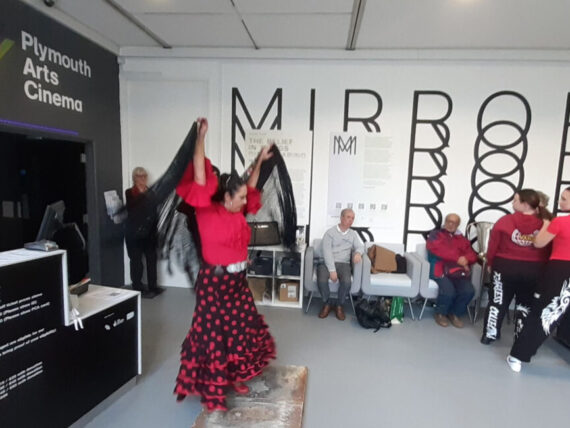
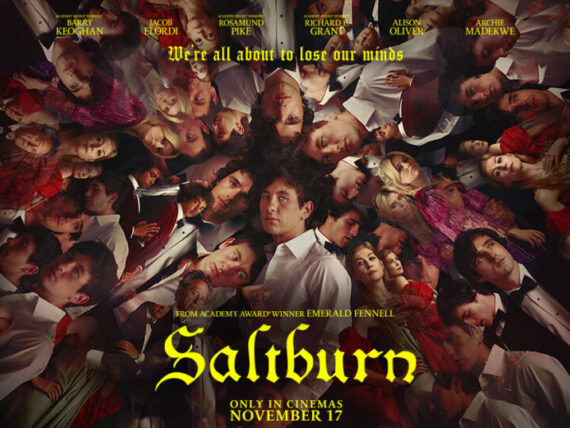
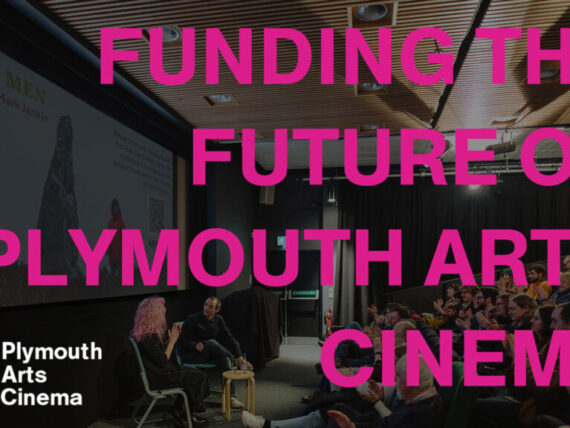

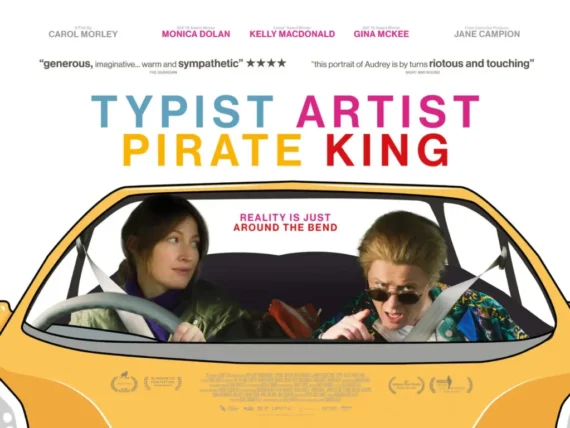
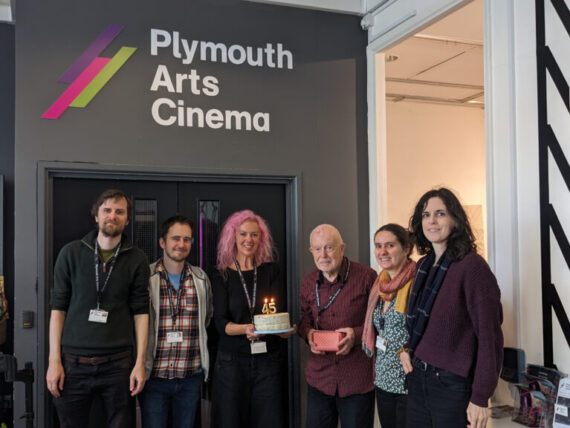
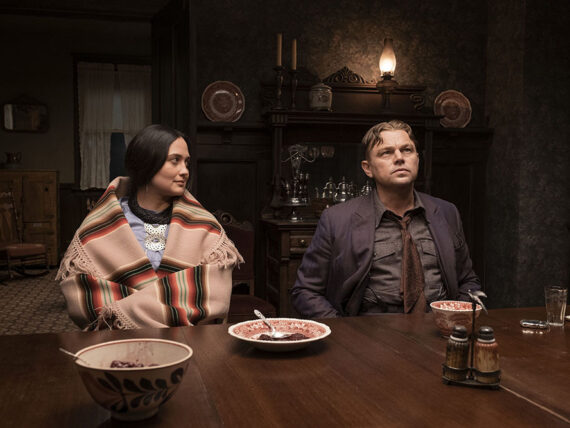
Comments
No comment yet.